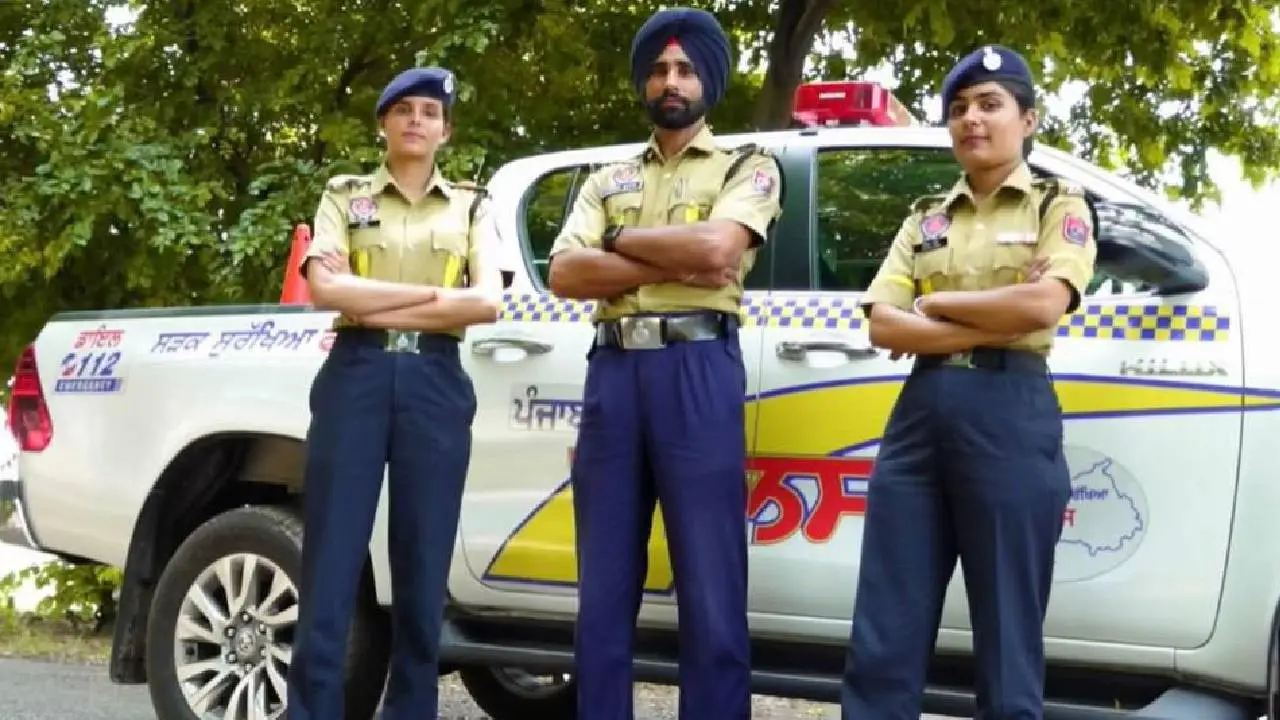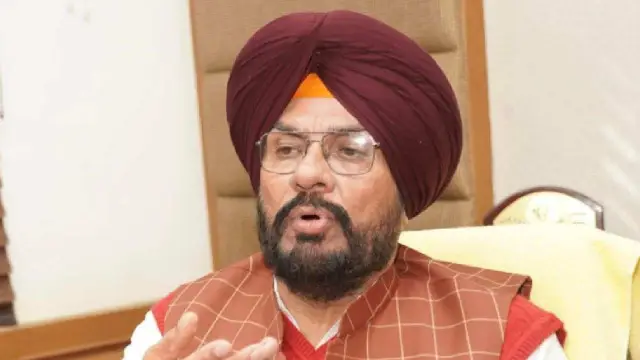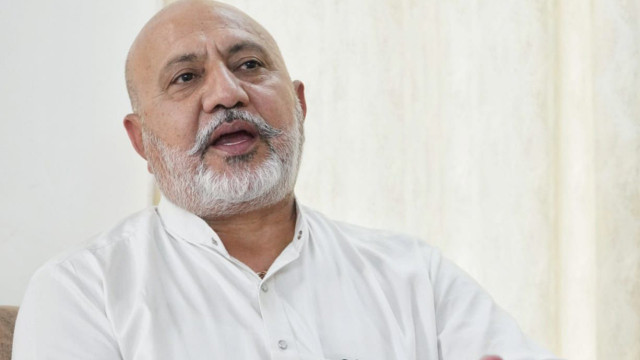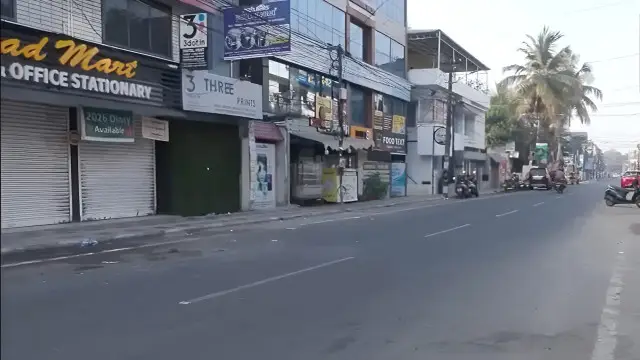Punjab’s SSF Turns Roads Into Lifelines, 37,000 Lives Saved
Punjab government’s special road safety force (SSF) and Farishte scheme together have transformed highways, reducing accidents by record margins and saving over 37,000 lives within months of action.

Punjab News: For years Punjab’s highways were symbols of fear where nearly 15 to 16 lives were lost daily in tragic crashes. These accidents were not just numbers but heartbreaking stories of families broken forever. Mothers lost children, children lost fathers, and villages were thrown into grief. Road safety was long ignored until the new government decided to confront the crisis. The state needed bold action, not hollow promises. The answer came in the form of SSF and the Farishte scheme.
First dedicated safety force
Punjab became India’s first state to form a dedicated force to tackle road accidents. Launched in 2024, the SSF covers 4,100 kilometers of highways with teams deployed every 30 kilometers. Equipped with 116 Toyota Hilux and 28 interceptor Scorpios, this fleet responds within minutes of emergencies. With 1,477 trained personnel, including 287 women, the SSF is now a disciplined and visible presence. Their mission is not only prevention but also fast rescue, ensuring the injured reach hospitals without delay.
Modern tech behind the effort
This force is fully integrated with technology to ensure transparency and speed. Speed guns track reckless drivers, body cameras record enforcement, e-challan systems bring accountability, and mobile data ensures real-time monitoring. Even artificial intelligence is used to predict accident-prone zones. These systems build trust between citizens and authorities. The focus is on making policing smarter, faster, and more humane. People now see SSF as a helping hand, not just a traffic squad.
Statistics tell powerful story
The impact of this mission is historic. In 2024, accident deaths in SSF areas fell by nearly 78% compared to previous years. From February to October 2024 alone, 768 lives were saved compared to 2023. Most importantly, no school-going child died in SSF zones during this period, a fact that speaks volumes. The overall toll of lives saved now touches 37,110, each representing families given hope again. Punjab has set a benchmark for the nation.
Farishte scheme inspires humanity
Alongside SSF, the “Farishte” scheme ensures injured victims are not left to die without help. Anyone bringing an accident victim to hospital is called a “Farishte”—an angel. The helper faces no police questioning, no legal hurdles, only appreciation. They also receive ₹2,000 and a certificate of honor from the government. More importantly, victims get free treatment until recovery. Earlier, free care was limited to 48 hours. Now the promise is full care, removing fear and hesitation among citizens.
Complete safety circle built
Together, SSF and Farishte create a complete circle of safety. One prevents accidents, the other saves lives after accidents. This dual approach reflects governance that values human life above statistics. It shows that government is not only about rules but about care and compassion. Punjab’s initiative has brought dignity to roads that once carried death. Families now have more confidence sending children to school or traveling long distances. This is real change, real empowerment, and real Punjabiyat.
Future built on trust
The success of SSF proves that reforms are possible with willpower. Punjab has rewritten the idea of road governance by showing that every life matters. Citizens now cooperate with traffic rules more than ever before. The presence of women officers further builds confidence. This isn’t just enforcement; it’s empowerment. The combination of technology, compassion, and quick action has created a model that can inspire other states. Punjab’s roads today are not paths of fear but highways of hope.














